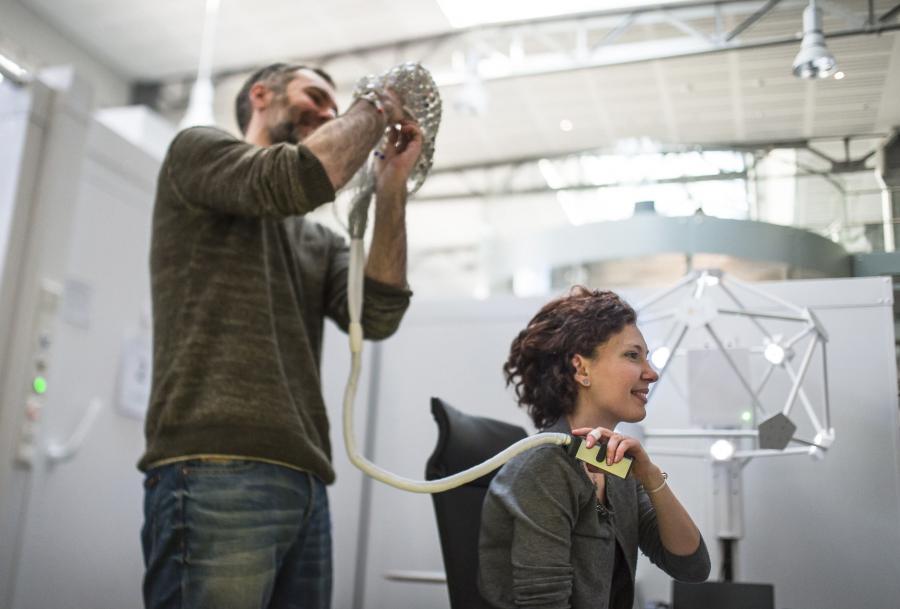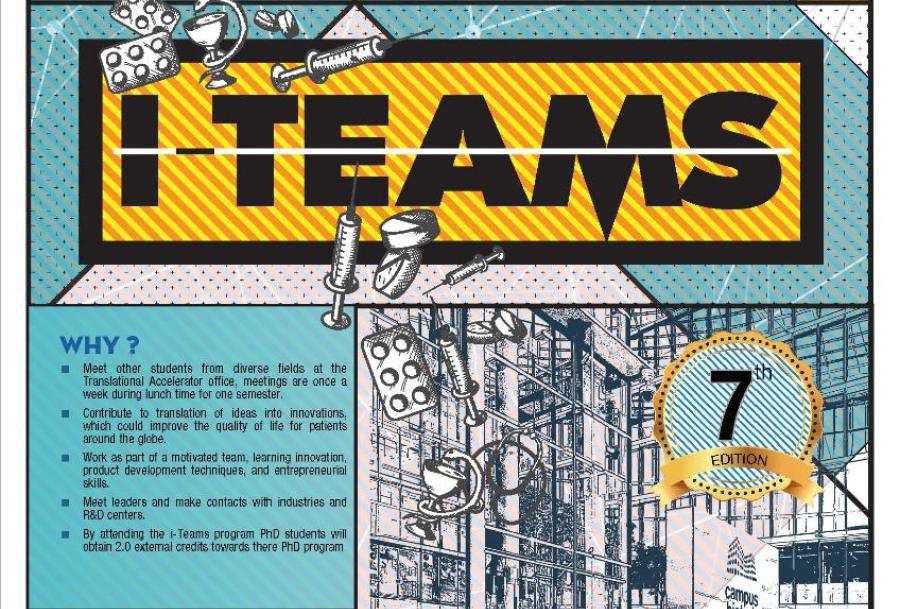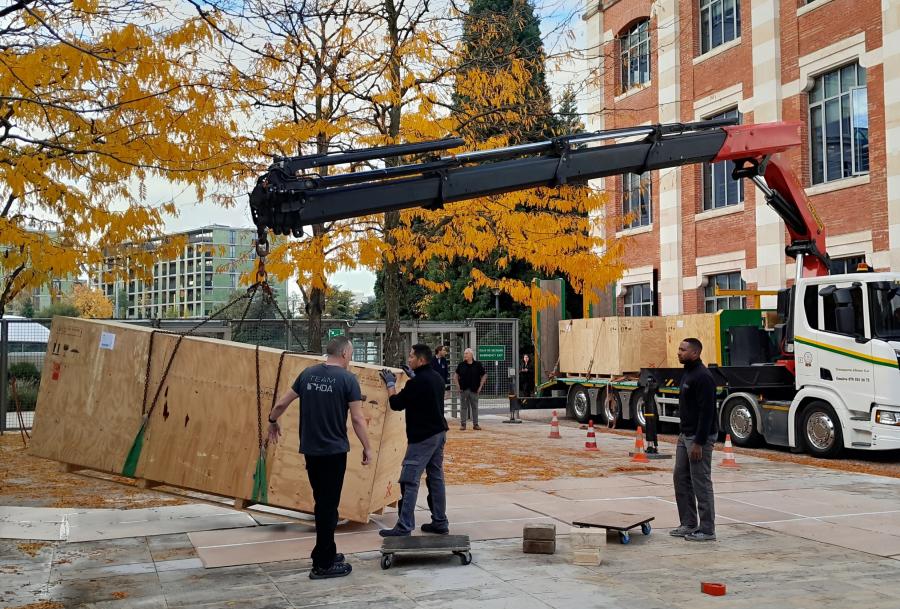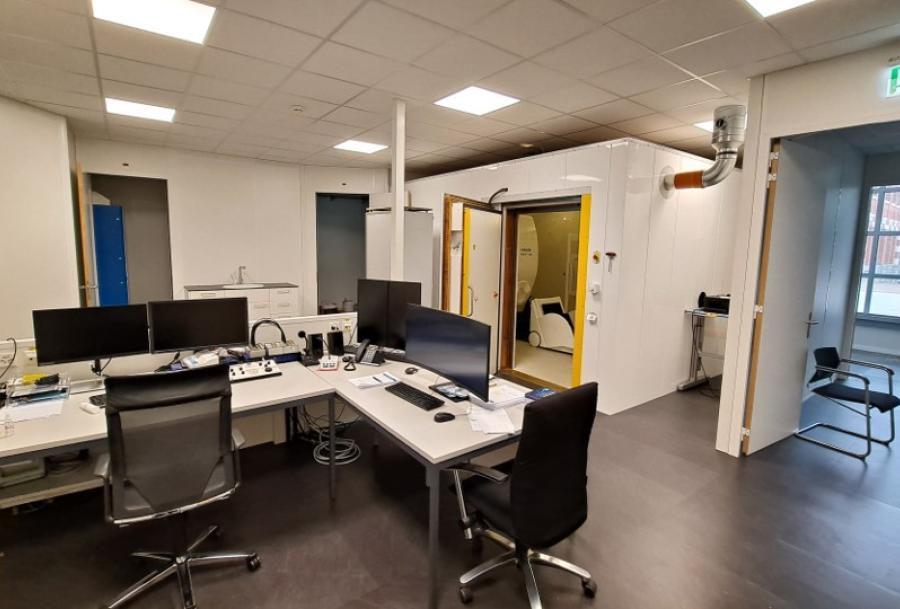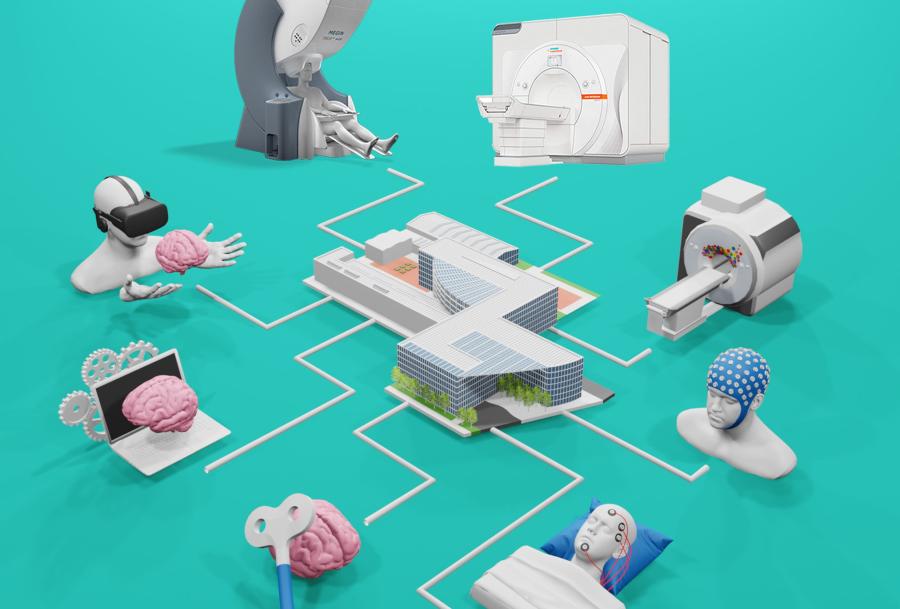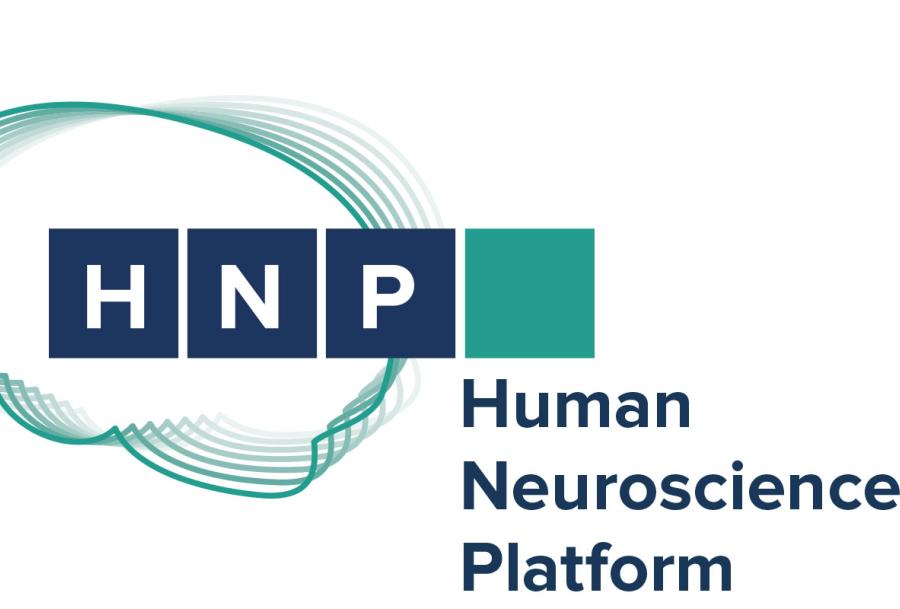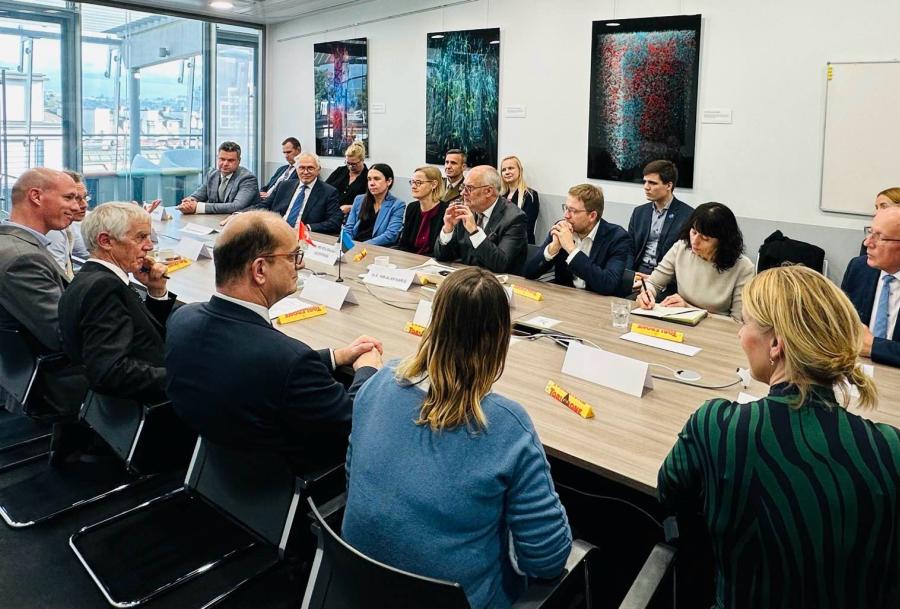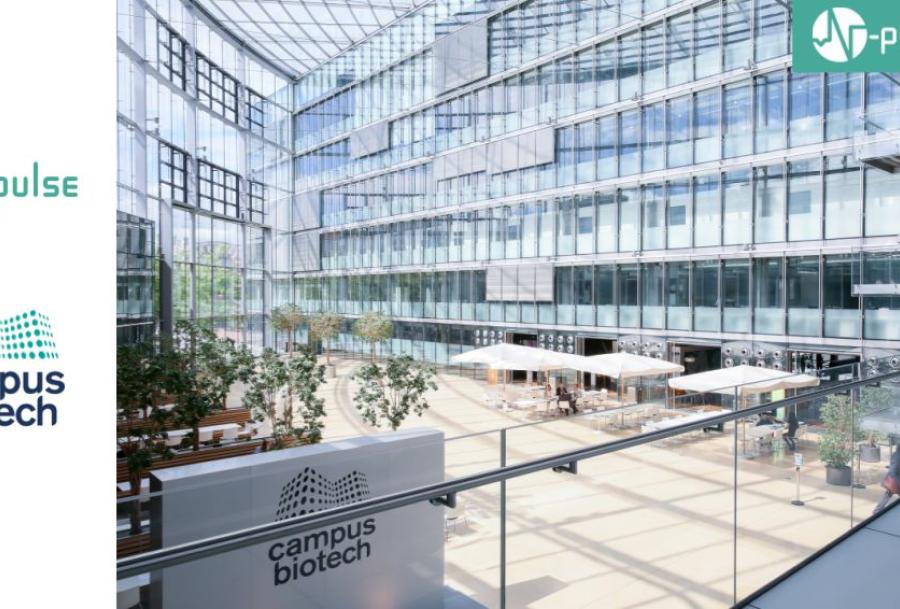

Fondation Campus Biotech Geneva (FCBG)
The Fondation Campus Biotech Genève (FCBG), a non-profit organisation, was created on December 5, 2013 by EPFL, Unige and the Canton of Geneva to manage the academic, clinical and entrepreneurial entities, to host and support the research groups, to provide financing, and to operate shared support platforms at Campus Biotech.
The aim of FCBG is to support the emergence of this new pole of excellence in the life sciences field. Its primary objective is to focus on the fundamental science of generating innovations and transposing them into products that will have a direct impact on society and the world. The FCBG groups will thus generate opportunities, acting as a catalyst for a new sense of momentum and attracting new investments in this vital sector for the economy and science.
Innovation
The three cornerstones of the FCBG innovation process are focalisation, interdisciplinarity and excellence.
A specific focus makes it possible to strive for excellence and performance.
- From a thematic viewpoint, FCBG focuses on neuroscience and bioengineering on the one hand, and digital health on the other hand.
- From a functional viewpoint, FCBG combines cutting-edge research with translational perspectives i.e. capable of producing specific applications on the basis of fundamental knowledge.
The innovation processes require different complementary talents that FCBG can draw upon. This excellence is expressed both:
- For research groups by recognising the key importance of "promoters" in translating innovations, with these people being intensely involved in the innovation process.
- At the management level, by supporting the different public and private stakeholders and by providing optimal operating conditions and appropriate resources.
A further cornerstone of innovation is interdisciplinarity. Interconnected innovation is only possible if people from different disciplines with complementary skills work together to find new solutions and improvements.
Diversity is crucial. A complementary team with distinct ideas and viewpoints is a good starting point for finding new solutions to complex problems. The FCBG entities can call upon 20 years of research, institutional initiatives and collaborations in fields that involve fundamental, human and computational research. FCBG offers the possibility of pursuing this effort within the context of common projects and goals in this unique location. It is the collaborative dimension that is expressed here.
Collaboration
Far from wanting to replace existing research institutions and simply internalise the activities linked to neuroscience in the broadest sense, FCGB offers a new integration model.
FCBG relies upon its founding institutions (EPFL and UNIGE) and its partners who, through their involvement in international collaborations, propel it to the heart of international momentum.










